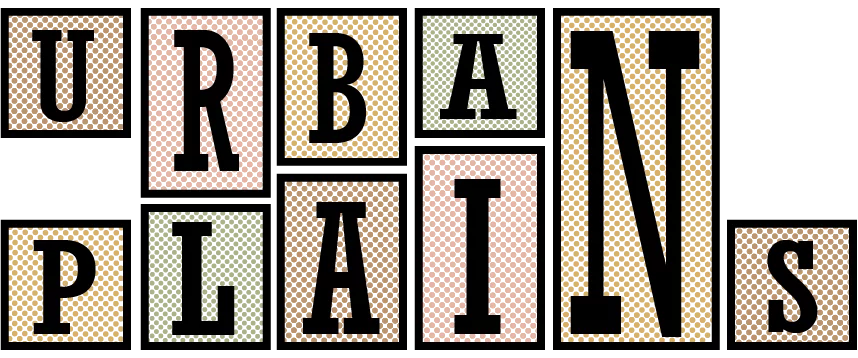Advice on how to be an ally to people with disabilities
Conversations about what it means to be an ally dominate the media. With articles from Huffington Post and Buzzfeed to Youtube channels and blogs run by nonprofit advocacy groups, there’s no shortage of information on how someone can ally themselves with a minoritized community.
These articles focus on people of color, women and the LGBT+ community, all of which pull directly from the source to hear what those communities want from their allies. However, there are people missing from the conversation – specifically, people with disabilities.
This is a symptom of a larger societal tendency in the United States to ignore things that cause discomfort. According to psychological research by Derald Wing Sue, this comes from two major influences: the fear of appearing biased and the fear of offending others. For a long time before open conversations about being an ally began, society would ignore aspects of race or sexual orientation. What people didn’t know couldn’t make them uncomfortable.
But ignoring something does not make it go away, and in some cases it just hurts people.
Being an ally, in most cases, comes down to attempting to understand the struggles of people in marginalized communities that might exist outside of the ally’s life experiences.
A part of a problem we have, is that we talk about advocating for [people with disabilities] but we’re not supporting them as humans.
If you see something that you feel weird about, [being an ally] means that you will own up to that feeling.
Zach Mecham
Guidetoallyship.com defines an ally as someone who understands the gravity of how identities can affect someone else’s day-to-day experience and then uses that understanding to make life easier for people with those identities.
Zach Mecham, who has neuromuscular dystrophy and uses a wheelchair for mobility, works with the Harkin Institute as the VISTA Special Projects Coordinator. Much of his job comes down to advocating for people with disabilities, especially in the workforce. He sees an ally as someone who, in general, supports marginalized people in their struggles.
“A part of a problem we have, is that we talk about advocating for [people with disabilities] but we’re not supporting them as humans,” Mecham says. “Can you really be a friend to a group of people if you’re not a friend to the people?”
In this case, it comes down to respecting people as people rather thantreating them differently because of a disability. Treating people with disabilities differently could be as simple as seeing them as less than average or, in a lot of cases, saying they’re an inspiration for just living their lives.
“We call that ‘inspiration porn’ and it’s the idea that you, as a person with a disability, are inspiring to everyday people because you have the ‘courage’ to get out of bed in the morning,” Mecham says. “It’s harmful for a lot of reason, but most importantly it sets the precedent for very low expectations.”
Courtney Nelson, a college student with achondroplasia and president of her college organization Disability Action Awareness Community, agrees with Mecham.
“I’m not looking for you to be like ‘yay, Courtney, you’re such an inspiration’,” Nelson says. “That is literally the worst thing you can say to somebody with a disability. For me, I was born with this disability. I don’t know any other way: this is my normal.”
Nelson thinks some of this “cheerleader” behavior comes from people being uncomfortable with a situation or not knowing how to react when they interact with someone who has a disability.
“If you see something that you feel weird about, [being an ally] means that you will own up to that feeling,” she says. “And then you do something to understand why you feel that way or why society feels that way.”
Nelson is diagnosed with a form of dwarfism. When people have questions about her condition, Nelson makes sure to stress that she’s open to answering any questions they may have.
Courtney Nelson
I’m not looking for you to be like ‘yay, Courtney, you’re such an inspiration.’ That is literally the worst thing you can say to somebody with a disability. For me, I was born with this disability. I don’t know any other way: this is my normal.
“I always say, I can’t be offended if you ask.” Nelson says. “If you’re asking me, it means you care enough to know the answer rather than assuming an answer and putting that assumption on me to live with forever.”
She stresses using available resources – whether it’s a person, Google, or an organization you find through the internet, the answers are out there. She does, however, offer a caution when using the Internet.
“Googling things can contain offensive or hurtful things and you just might not know enough to recognize that,” she says.
With Nelson’s disability, she cautions against resources that use the word “midget”- which the community refers to as “the m-word.” She says the terms “little person” or “little people” are more appropriate, but also points out that people are more than just their disabilities.
“I’m not denying that I’m different – I’ve owned it – but I don’t want [my disability] to be the first thing people remember or think about when my name is mentioned,” she says.
In the end, it’s similar to conversations taking place in communities all over the world regarding race and sexuality. Disability is just another aspect of identity that people live with every day. A good ally is someone who acknowledges the difference in experience and then works with people with minoritized identities to redefine normalcy.
Mecham, on the other hand, prefers identity first language, which emphasizes his disability as part of who he is.
“The tendency is to minimize our disability because of shame,” he said. “The argument is, and I tend to agree, that we shouldn’t have to minimize our identity as people with disabilities. It is part of our identity.”
However, Mecham does not believe the language we use is the most essential part of being an ally. Even people in the community make mistakes with language. It’s more important to be open to change.
“Some people disagree with me, but that’s the point,” Mecham says. “There is no right answer. We’re human and things change and popular opinion changes and that’s life.”
Photo Credit: Courtesy of the Harkin Institute Website

